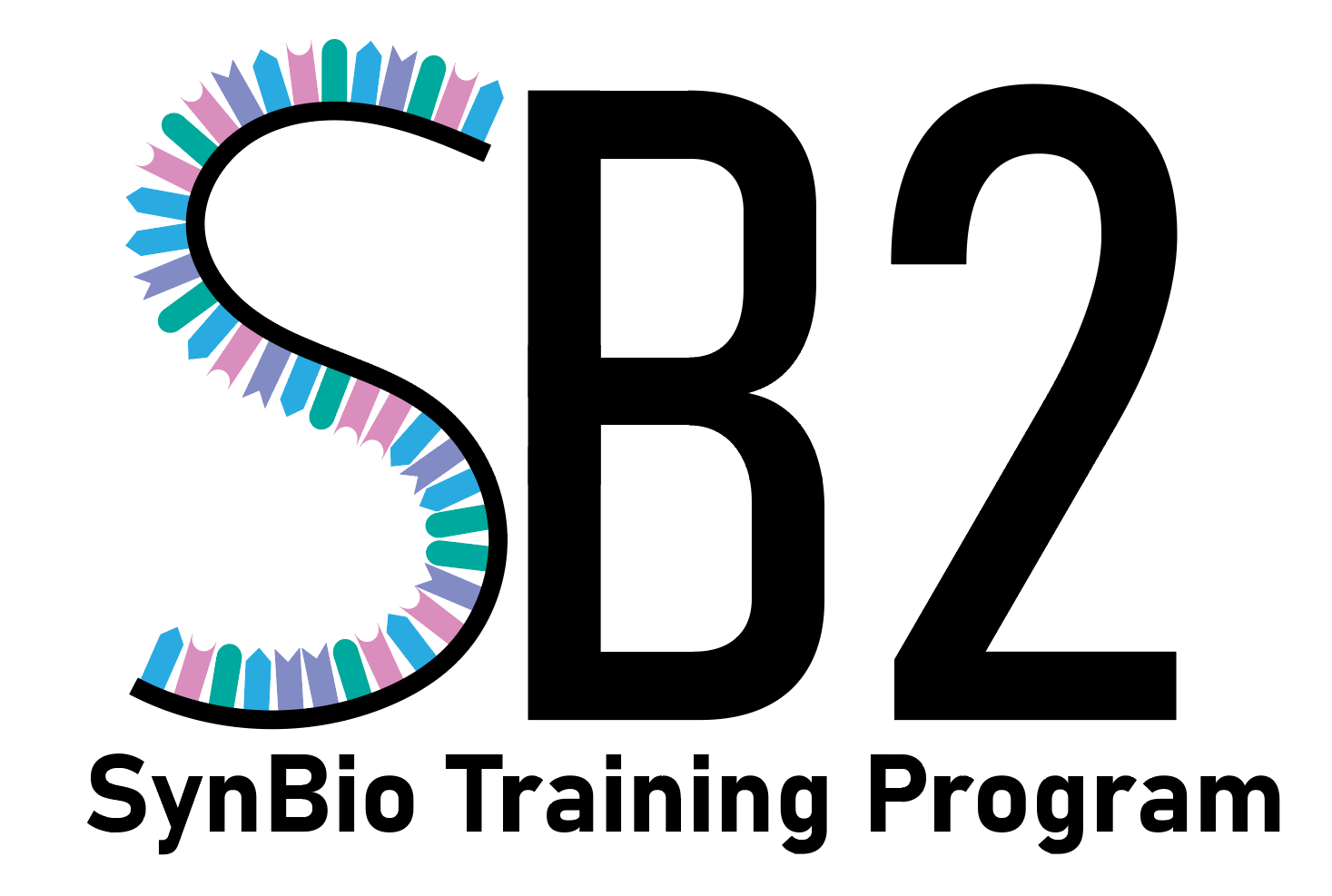Professional Training
Synthetic biology represents one notable example of how research is moving toward team-based, interdisciplinary science, and so we expect this program to not only support the rapid growth of the synthetic biology field, but also to set a precedent for future training programs across the spectrum of biology and engineering. To this end, we are developing in-depth training and experience in critical professional skills, including (but not limited to):
- Communication, teamwork,
- Project management,
- Conflict resolution, and
- Career building skills, such as crafting resumes, interview techniques, and beyond
The programs that will be available to SB2 students include:
- IMPACT Programs.The program brings graduate students and postdocs from across life sciences research labs to explore and learn to communicate and explain the potential impacts of their research. IMPACT faculty come from pharma, biotech, business, medicine, and academia providing broad exposure and diverse feedback. During the program, trainees are required to speak to multiple stakeholders – e.g. potential users of their proposed applications and tools – providing valuable experience and confidence to reach audiences both within and outside of science and further fostering communication and networking skills. This is especially relevant for synthetic biology researchers because of public perceptions of concepts like genetic modifications and gene editing; communication with the press and the public are critical to having these advances accepted by the public. The IMPACT program also contains career training components that complement other SB2 components. Each IMPACT student is paired with a “professional development advisor” to help students explore their career options.
- B-BIC Workshops.SB2 students will also attend three ½ day professional development workshops designed to further build their professional skills: project management, conflict resolution and negotiation, and giving and receiving feedback. These three workshops are offered by the Skills Development Center of the Boston Biomedical Innovation Center (B-BIC), an NIH-funded program devoted to providing scientists with the skills needed to translate academic inventions to have real world impact. The workshops will help prepare SB2 students to mentor junior students in their program and in their labs, and serve as SB2 Alumni Peer Mentors after program completion, as well as help them fully develop and efficiently implement their research projects. As B-BIC programming is open to a number of other leading institutions around Boston and Cambridge, these training sessions also provide additional networking opportunities.
- Electronic Lab Notebook (ELN) Usage. Students will be provided an account for an electronic lab notebook (ELN), if they don’t already have one, which they will be encouraged to use for their research. This is a component of the SB2 program because they are critical for reproducibility in research as well as for supporting patent applications should any of the synthetic biology research in which they are engaged be relevant for intellectual property and translation. ELNs also allow for significantly easier sharing of data and protocols and are now standard in most biotech companies, and robust record-keeping is critical and expected in biotech.
